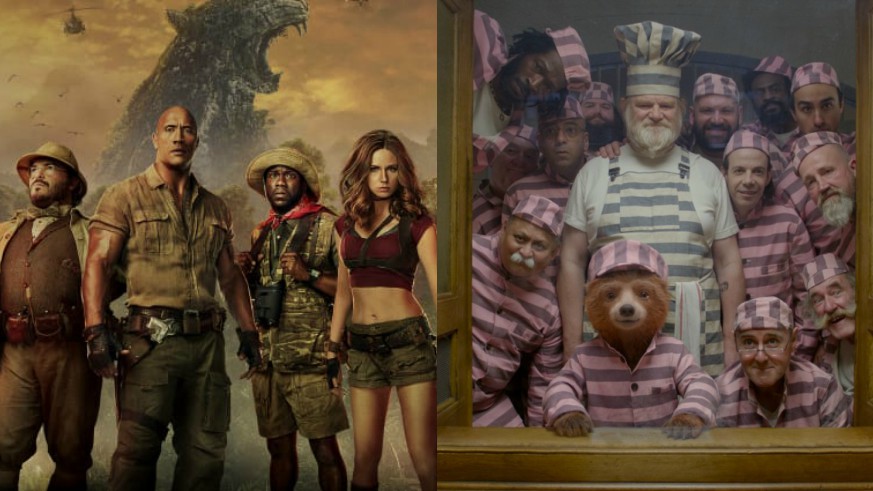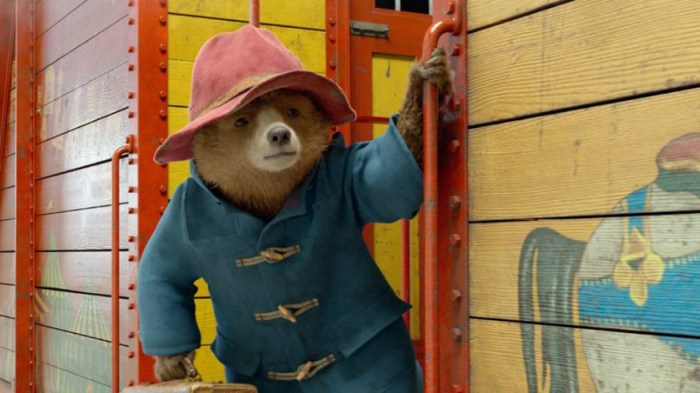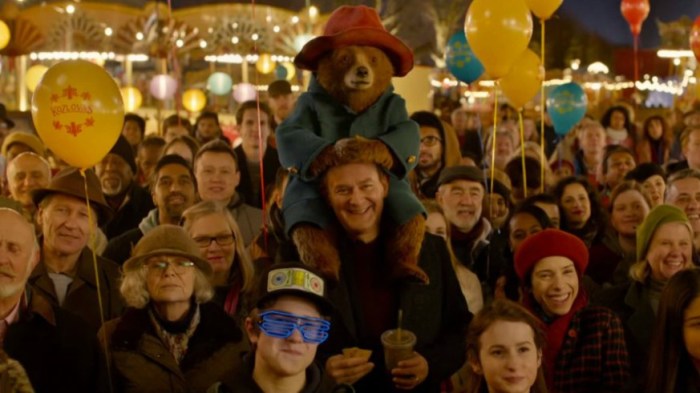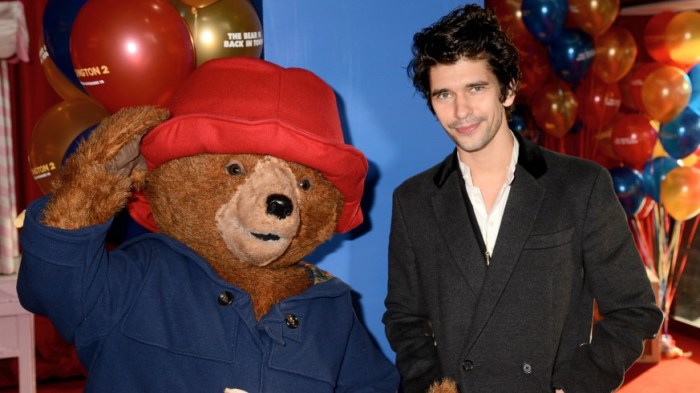By this point we’ve all become accustomed to multiplexes being filled with either sequels, reboots, or remakes of some kind, all of which are linked to an intellectual property from the not so distant past.
While there were several years where audiences jumped at the chance to see these new takes on characters and franchises of old, since 2015 critics and audiences have become less and less interested. Last summer alone “Transformers: The Last Knight,” “Alien: Covenant,” and “Cars 3” underperformed, while “The Mummy” and “King Arthur: Legend Of The Sword” failed to kick start their intended cinematic universes.
Some have even tried to argue that “Star Wars: The Last Jedi” was a financial disappointment, too. But considering it grossed $1.3 billion worldwide I wouldn’t start playing the world’s smallest violin for it just yet.
Obviously audiences are still enamored and allured by films of this ilk. In fact, 9 out of the top 10 highest grossing films of 2017 were either a sequel, from a cinematic universe, or a reboot of some kind. Just to put you out of your misery, here’s the entire top 10 and their box office numbers:
1. “Star Wars: The Last Jedi” – $1.312 billion
2. “Beauty And The Beast” – $1.263 billion
3. “The Fate Of The Furious” – $1.236 billion
4. “Despicable Me 3” – $1.034 billion
5. “Spider-Man: Homecoming” – $880.1 million
6. “Wolf Warrior 2” – $874 million
7. “Guardians Of The Galaxy Vol. 2” – $863.7 million
8. “Thor: Ragnarok” – $852.3 million
9. “Jumanji: Welcome To The Jungle” – $822.7 million
10. “Wonder Woman” – $821.8 million
The popularity of “Star Wars,” “Fast And The Furious,” and “Despicable Me” sequels, three entries to the Marvel Cinematic Universe, and one to the DC Extended Universe is hardly revelatory, as they have all long established a bond with viewers.
Even the one film that’s not a sequel, a reboot, or from a cinematic universe can be attached to the latter, as “Beauty And The Beast” is part of Disney’s attempt to unleash their classic cannon of animated films on a new audience in live-action form.
But the most interesting success story from the above list is “Jumanji: Welcome To The Jungle.”
There are several reasons why the action adventure film’s huge gross is mind-blowing. Not only was its initial announcement met with disbelief, especially in the wake of Robin William’s death, but then it got caught up in a tiny sexism storm over the costume for Karen Gillan’s character, especially when compared to those for Kevin Hart, Jack Black, and Dwayne Johnson. The reaction to its first trailer was muted at best, too, while Dwayne Johnson’s previous film leading into its release, “Baywatch,” underperformed.
Any one of those reasons, let alone all of them together, should have been enough to torpedo the film. But something rather peculiar happened to save “Jumanji: Welcome To The Jungle.” It was actually really good. And well cast. And original. And genuinely cinematic. All of which the parade of other sequels and reboots of the last few years have been increasingly lacking.
The camaraderie between Dwayne Johnson, Kevin Hart, Jack Black, and Karen Gillan, each of whom have proven their popularity and worth either on the big-screen, as a stand-up, in comedies, or the most successful television show in history, respectively, was immediately tantalizing for viewers.
As was the opportunity to delve back into the world of “Jumanji.” The original film was fraught with surprises and danger, and “Welcome To The Jungle” gave it the perfect modernization to appeal to kids and adults alike. Of course hindsight makes us all feel like clairvoyants, but you can see why “Welcome To The Jungle” has managed to surprise and surpass expectation, as Sony combined risk with smart casting and an awareness of what was lacking from the cinematic landscape to great effect.
Plus, most importantly, they made a very, very enjoyable film, which continues to pull in impressive box office numbers over a month after it was released and has a score of 76% on Rotten Tomatoes.
But even that score doesn’t compare to “Paddington 2,” which still has 100% on the movie review aggregate site, and as a result is currently the best reviewed film in Rotten Tomatoes’ history.
Unfortunately, “Paddington 2’s” critical acclaim didn’t transfer to box office success in the US, where it experienced nearly a 50% decline in revenue compared to the opening of the original. Ultimately the sequel is unlikely to gross even half of “Paddington’s” $76.3 million domestic figures, but luckily its international numbers of $153.8 million have more than kept it afloat.
“Paddington 2’s” critical acclaim means that it is likely to become a cult commodity, though, while those that have been charmed by it, especially in the media, have been trying their very best to keep it relevant. Despite its lackluster figures “Paddington” keeps on popping up on social media, while there has even been an attempt to get him to host or at least present at the Oscars.
We’ll just have to cross our fingers and toes that becomes a reality, because the mere sight of the beloved bear is enough to lift even the bluest of spirits.
Ultimately, though, the triumphs of “Jumanji: Welcome To The Jungle” and “Paddington 2” have left me pondering the eternal question of how do you judge a film’s success? Is it by its box office? Its critical response? Is it instead a median of the two?
There still isn’t a proper answer. But, since sequels, reboots, and franchise films remain so popular, both “Jumanji: Welcome To The Jungle” and “Paddington 2” have at least proven that making bold, risky, and original choices with them, rather than rushing and lazily following the path others have gone down before, makes much more of an impact and creates much better films.
Something that mainstream Hollywood very much needed a reminder of.


















